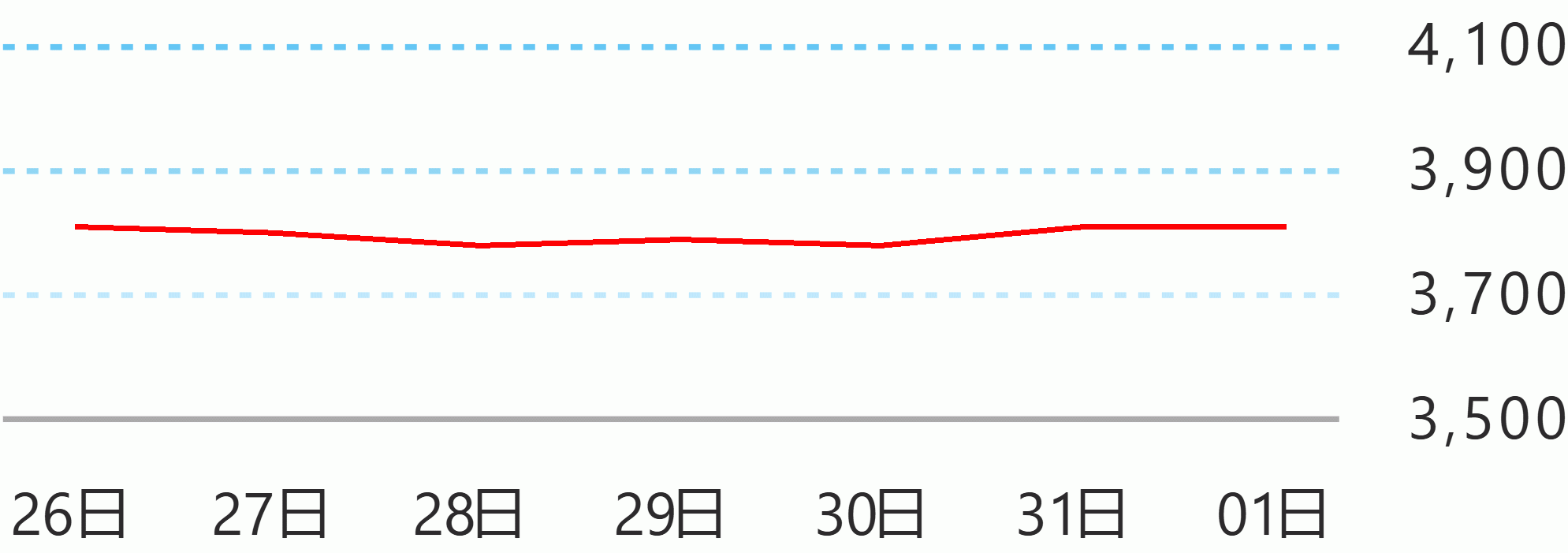The Senate will not rush the hearings on amending the Constitution’s economic provisions, Senate President Juan Miguel Zubiri said Monday.
“We would just like to put on record that the Senate is working very hard to listen to the clamor of certain sectors to look at and revisit the 1987 Constitution. But we will not be falling into a trap on any deadline because to discuss such an important matter needs time, it needs study,” Zubiri said as they began deliberating Resolution of Both Houses (RBH) No. 6.
“It cannot be rushed like any regular bill that is just approved without thinking. So we, ladies and gentlemen here in the Senate, will make sure that we will deliberate this as much as possible, and come up with the best outcome for our people,” he said.
Senator Sonny Angara, the chairperson of the subcommittee created to tackle the proposed charter change, told lawmakers not to expect foreign investors to miraculously flock to the country once the amendments have been passed.
“Do not think that if we pass these amendments, like a miracle, investors and companies would suddenly come knocking on our doors. Because, as our fellow lawmakers have mentioned, attracting them involves many factors,” Angara said.
Senator Imee Marcos said as the former chairperson of the Economic Affairs panel, she had been in “close contact” with foreign investors and locators almost daily.
“At no point did they say the Constitution needed to be changed,” Marcos said.
“Each time, they stated that there was a need for lower rates of electricity, infinitely better infrastructure, less red tape, and a predictable and reliable regulatory framework,” she said.
Christian Monsod, a lawyer and constitutionalist, said that the current Charter does not need to be changed since investors who gave pledges did not seek any constitutional reforms.
Monsod further argued that Charter change was not included in the 2023-2028 Philippine Development Plan which was created by the National Economic and Development Authority.
He also cited that President Ferdinand Marcos, Jr. said last year that reforms could be implemented in the country with constitutional amendments but on January 23 that the Constitution was not aligned with a “globalized world”.
Monsod said there was nothing special about the three provisions, including public utilities, education, and advertising, to open them up for 100 percent ownership.
“Clearly, there is no need or requirement for Charter changes in the Philippine Development Plan and the investment pledges to the government. What then is the purpose of convening a constituent assembly to pass these three provisions? There is nothing special about them that will address the so-called problems of restrictions against foreign direct investments,” Monsod said.
He said was not the “restrictive” economic provisions that were discouraging foreign investors from entering the Philippines but partly due to its corrupt image. DMS





 English
English










